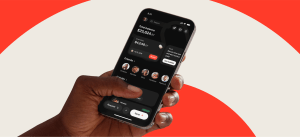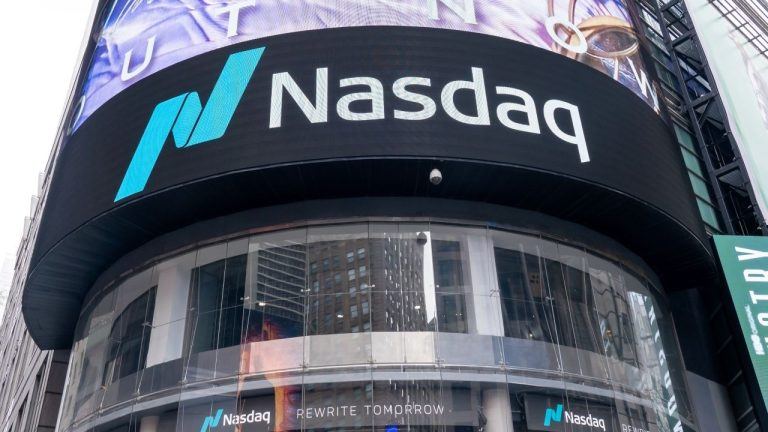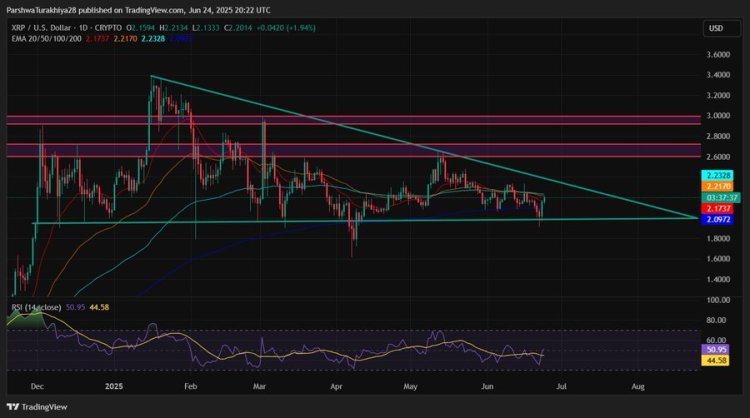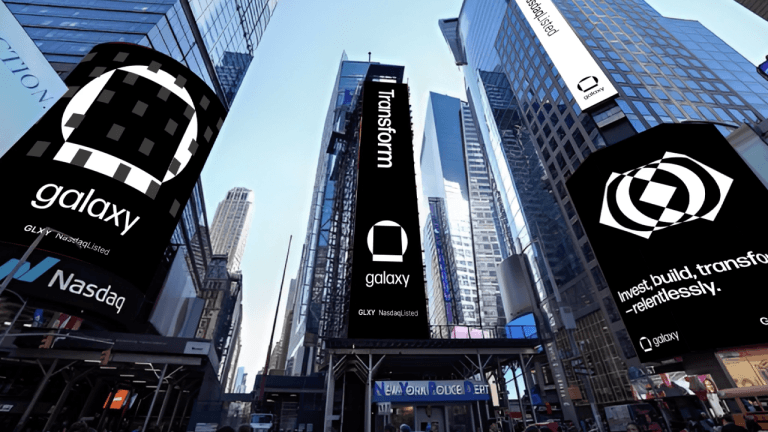Why we’re launching Krak


By Arjun Sethi, Kraken co-CEO
With Krak, we’re taking a bold step toward rebuilding what we consider to be the most important layer of the global economy: How people move and use money.
For as long as I can remember, moving money has felt broken. It’s one of those fundamental things you expect to work, and yet whether you’re sending a few dollars to a friend or wiring funds across continents, the process is slow, costly and frustratingly opaque. That shouldn’t be the case in 2025.
The problem: A system that broke and stayed broken
Most people don’t realize how outdated financial infrastructure still is. Traditional banks today often run on software built in the 1970s. Many of the systems powering international payments haven’t been materially upgraded in decades.
You can send a message or a video anywhere in the world instantly, but sending $100 can still take days.
This is largely because of how fragmented and risk-averse the traditional system is. Domestic payments rely on batch processing. Crossborder transfers involve a daisy chain of correspondent banks, each adding time, cost and friction. Regulatory barriers further silo access.
And high fees – ranging from wire charges to card interchanges to hidden FX markups – are everywhere.
Consider the scale of the problem
In much of the world, the simple act of sending or receiving money digitally remains a privilege, not a basic right.
- Globally, more than 1.4 billion adults still remain unbanked, excluded from the financial system entirely.
- Even in advanced economies, everyday users lose 2–3% on card transaction fees.
- International remittance fees are worse – often exceeding 6%, with some remittance corridors reaching double digits.
Much of this is rooted in outdated infrastructure. Many banks still use mainframe systems written in COBOL (Common Business-Oriented Language) and avoid upgrades because of cost and risk. Regulations add further complexity: Multiple jurisdictions, overlapping requirements and “derisking” behaviors have made financial access uneven and innovation slow.
Meanwhile, global settlement remains astonishingly slow. ACH transfers can take 2-3 business days and international wires can take 3-5 days. Systems continue to process payments in batches, with no real-time global clearing layer. What should be instant is still throttled by systems that treat money like paper.
The result? A financial world full of latency, tolls and exclusion.
What we’re building instead
Krak is an all-in-one global money app built from the ground up on crypto infrastructure. It blends the familiarity of traditional finance with the speed, openness and flexibility of modern blockchain networks.
Krak isn’t just another wallet or payments tool. It’s a full-stack rethink of how money should work.
With Krak, you can:
- Instantly send and receive funds across 160+ countries using Kraktags (our version of a payment handle).
- Seamlessly transact across 300+ assets – fiat, crypto and stablecoins – all in one account.
- Earn rewards just by holding value in your account. No subscriptions. No lockups. No nonsense.
- Soon, spend globally with physical and virtual Krak cards.
This is what the financial system should have been all along: Fast, borderless, open, permissionless.
Krak uses stablecoins fully backed by reserves. You can hold USDG and earn up to 4.1% APR from day one. You can also earn up to 10% by staking other cryptoassets. There are no minimums or hoops to jump through.
And soon, you’ll be able to borrow directly against your holdings using collateral-based lending. No credit checks. No paperwork. Just access to liquidity, anytime.
We built this on permissionless infrastructure. Public blockchains settle transactions globally, in real time. Assets are portable, interoperable and under your control. There are no intermediaries inserting friction or cost. That means faster settlement, lower fees and more access.
We also believe identity and access matter. Kraktags remove the need for account numbers or crypto wallet strings. Sending value, whether to your friend next door or across the world, becomes as intuitive as sending a message.
Why this matters
At the heart of every economy is the ability to transact. The faster and cheaper you can move value, the more opportunity people have. And when the cost of moving money drops to near zero, new forms of financial coordination become possible.
This isn’t just about crypto. It’s about making the financial system work better for everyone.
People don’t want more features. They want fewer problems. They want to be able to send money, hold value, invest and borrow without being penalized at every step. They want to trust the company they’re using isn’t profiting from their lack of options. And they want access to tools that help them move forward – not accounts that charge them fees for existing.
Most of all, they want financial systems that reflect how the world works today: Digital, global and always on.
Krak removes the friction. No wire cutoffs. No 3-day settlements. No 6% fees to send money to family members back home. No being denied access to your own funds because of where you live or how much you earn.
We believe that basic financial services should be universally accessible and that money should move as easily as information does.
Where we go from here
Krak is just the beginning. We see it as a foundation. A core building block for how people everywhere will manage their money in the future.
This will be a long journey. There will be things to improve, features to refine and systems to harden. But our goal is clear: Remove friction from finance, make value move freely and build something people actually want to use.
We’re not here to rebuild the banks.
We’re here to build what comes after.
Geographic restrictions apply. Instant buy/sell fees apply when you convert one asset or currency to another when making a transfer. Please see our fee schedule for more information. Applicable fees will be shown before you make a transfer.
The post Why we’re launching Krak appeared first on Kraken Blog.


